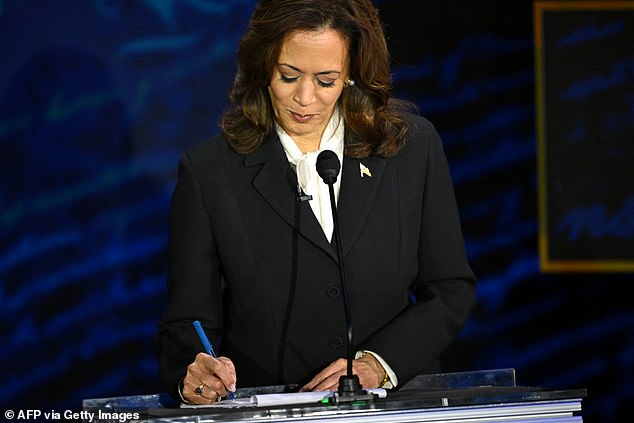The Importance of Positive Leadership on the Big Stage
Post-mortem review of the US Presidential Debate
As leaders, we have a responsibility to embody the qualities that inspire and motivate our teams to greatness. This is especially true when we find ourselves in the spotlight, such as during a high-stakes debate or public event. The way we present ourselves on stage can make or break perceptions of our leadership abilities.
Take the recent presidential debate between Donald Trump and Kamala Harris, for example. While Harris was seen diligently taking notes and demonstrating her preparedness, Trump’s lack of preparation was glaringly obvious. In fact, Trump’s advisors revealed that he focused on refining his performance style instead of diving into the complexities of policy discussions, attempting to “wink” his way to victory through theatrics rather than substantive preparation. As Trump navigated the debate, he seemed increasingly agitated and disorganized, which played into Harris’s hands. She effectively provoked him into revealing his weaknesses, demonstrating that a well-prepared opponent can exploit a leader’s reliance on superficial charm and bravado.
Authenticity and Integrity
A positive leader shows their true self to their team members. They mean what they say and act with integrity. Authenticity builds trust and respect, which are essential for effective leadership. When we’re authentic, our words and actions align, and people can count on us to follow through.
Preparation and Adaptability
Positive leaders are always learning and growing. They stay at the cutting edge by being agile and adaptable. Preparation is key to being an effective leader, especially when the stakes are high. By doing our homework and anticipating potential challenges, we demonstrate our commitment to excellence and our ability to think on our feet.
Motivation and Inspiration
Positive leaders know how to motivate their teams and keep them engaged. They understand that their role is not just to give orders, but to inspire and empower others to reach their full potential. When we show up on stage with enthusiasm and a positive attitude, we create an environment where people feel valued and motivated to do their best work.
Compassion and Respect
Positive leaders treat their team members with compassion and respect. They understand that leadership is not about power, but about service. When we show genuine care for others and value their contributions, we build strong relationships and create a culture of trust and collaboration.
Courage and Resilience
Positive leaders have the courage to take risks and the resilience to bounce back from setbacks. They understand that failure is a natural part of growth and that it’s how we respond to challenges that defines us as leaders. When we show up on stage with confidence and a willingness to take calculated risks, we inspire others to do the same.
Ultimately, Trump’s attempt to win through charisma rather than concrete leadership attributes showcased the risks of neglecting the essential qualities that define effective leadership on such a significant stage. Positive leadership attributes—like preparation, authenticity, and respect—are crucial for making a lasting impression and fostering trust among constituents.










